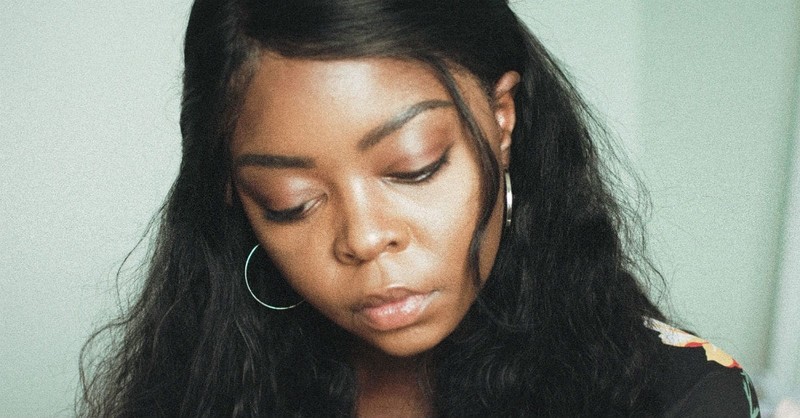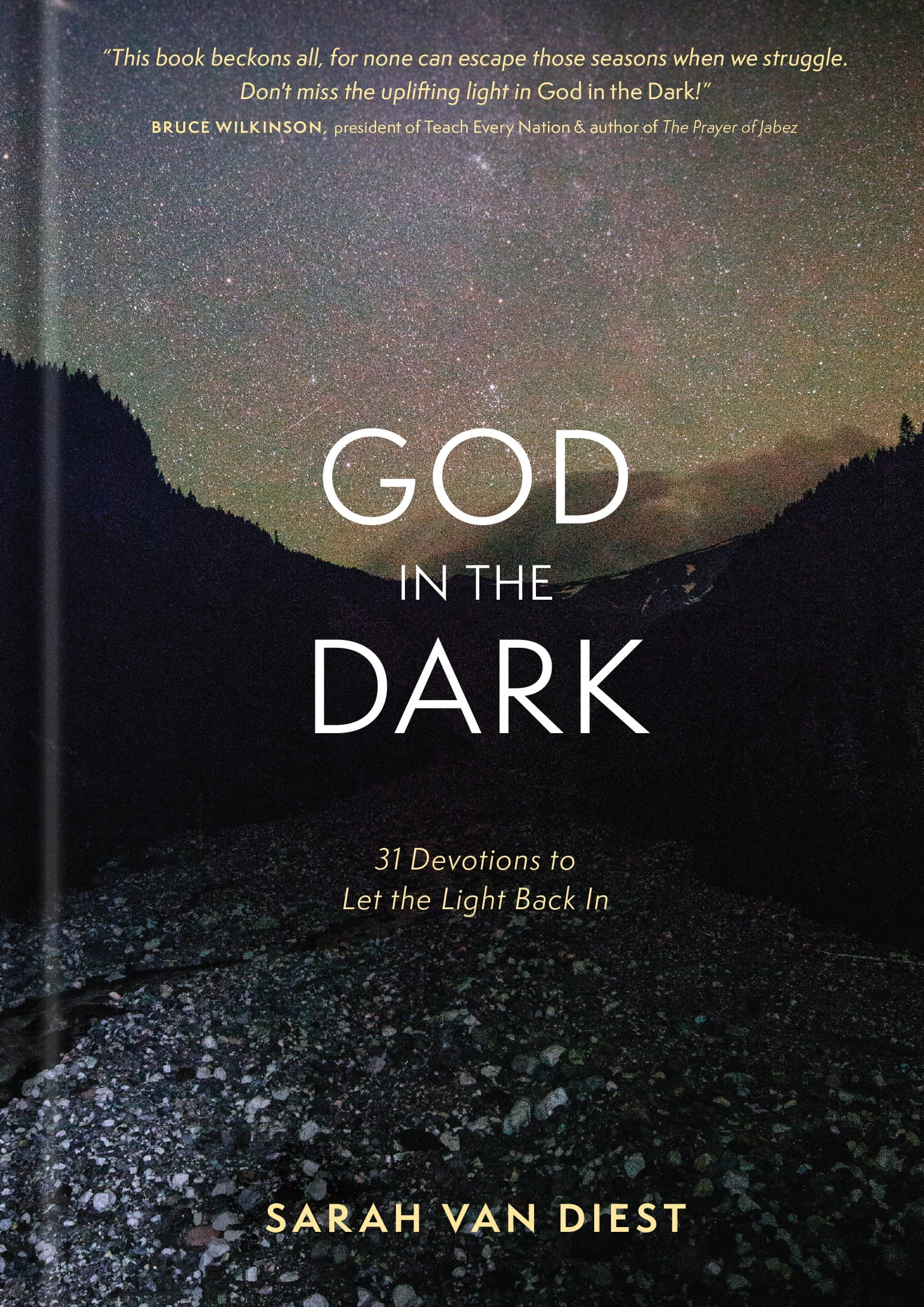
She finally found the courage to tell someone. Years of hidden abuse from the husband who had vowed to love and protect her had nearly cost her life itself. It took every ounce of strength she had to take the car, find a friend, and finally tell. The friend listened and with a pained expression talked to her of faith and how little she must have, then opened the door to see her out. “I will pray for you” were her parting words.
Does pain mean my faith is weak? Is my hurt somehow the result of not trusting God?
You do not have to live in this world long before you know pain’s name, before you know its shape, color, smell, and texture. We meet pain in ubiquitous fashion: in the news, at the store, in our homes, and in our own hearts. Pain breaks through our defenses and settles in wherever it wishes, confident of its authority to be present—as if it were given carte blanche permission to enter, or even as if it were invited to stay.
And yet, how we long to rid our lives of pain.
The redeemed life, the heart that seeks the Father, the follower of Jesus has every resource to evict pain and strip it of its power, yes? Isn’t it good and right for those of us who have surrendered our lives to Christ to expect joy and peace to define our existence? Do we not know and believe that Jesus came to give life and life more abundantly (see
But what if joy isn’t the defining aspect of our lives? What if pain or sorrow or hurt dominates our hearts instead? Falling to our knees, we may cry out and ask the Lord why he has abandoned us. Why have you forsaken me? may be the only thing our spirits can utter.
Enter shame.

The Lie Shame Tells Us
In cases such as these, shame lies to us that our faith must not be enough, whispering, If you feel pain, then you must not be healed. If you aren’t healed, you must not have enough faith, or God doesn’t love you enough to heal you. If you feel pain, your eyes must be on yourself, not on Christ. If you feel pain, God must be disappointed in you.
To unravel our tangled understanding—for surely some cognitive distortions may be present—and hopefully bring some relief to our already burdened spirits, I think it is helpful to look at a couple of basic beliefs. Perhaps there is something askew in our way of thinking that needs rectifying. Two foundational questions may help us: Who do we believe God is? And who do we think we are?

Who Do We Believe God Is?
To the first and most daunting question, Who do we believe God is? God said of himself, “I am that I am.” Scripture tells us that he is love, the Alpha and Omega, spirit and truth. He is the only God, King of the ages, immortal and invisible. And more. And though I will stop there and not try to accomplish the impossible task of describing God in full, what I will say is that our view of him is exceedingly important.
In his book The God-Shaped Brain, Dr. Timothy Jennings described what happens to our brains when we have a distorted view of God like that which Adam and Eve held after the serpent lied to them. Satan mischaracterized God to them, leading to the first known production of fear in the brains of humans. There and then our great ancestors hid. From that moment on, mankind has struggled with fear when we think of who God is—fear having to do with punishment (see 1 John4:18), not fear as in awe and respect. A brain on fear is a poorly functioning brain.
Happily, Jennings then showed how viewing God as a loving, caring Father who desires that we live in freedom causes the brain to function best. Fancy that! So who we believe God to be actually affects our brains and how we function. Our view of God matters.
When we feel pain and hurt, do we think God is disappointed in us? Do we believe he is angry with us when we are burdened by the trials of this life and the circumstances of this world? If we do, if that is our picture of who God is, fear will lead us to hide and feel shame (think Adam and Eve again). Heaping shame onto our pain only compounds the hurt.

Who Do We Think We Are?
Our second question is directly related to our first. Who we view God to be affects who we think we are. Do we see ourselves as God’s adversaries? Do we think we, his created ones, are unlovable because of our sin? Is “snake spit” a fitting moniker for all of mankind? Or do we see ourselves as the imago dei?
Take a moment and contemplate this list about who human beings are:
- loved (see 1 John 4:19)
- fearfully and wonderfully made (see Psalm 139:14)
- an image bearer (see Genesis 1:26)
- God’s workmanship (see Ephesians 2:10)
- crowned with glory and majesty (see Psalm 8:5)
- equal (see Galatians 3:28)
- beautiful (see Ecclesiastes 3:11)
- an heir of grace and life (see 1 Peter 3:7)
- a friend (see John 15:15)
- a gift (see Psalm 127:3)
- valuable (see Matthew 6:26)
- full of imperishable inner beauty (see 1 Peter 3:4)
- flawless[i] (see Song of Solomon 4:7)
¹With thanks to Curtis Tucker for this list

Pain Doesn't Mean We're Rejected
Our View of Ourselves is Integrated with Our View of God. When we see ourselves as loved, not despised; friends, not adversaries; valuable, not worthless; then we don’t have to look at our pain with such disdain. Pain doesn’t mean we’ve been rejected. Pain isn’t evidence that God has abandoned us. Pain doesn’t have the power to contradict God’s Word about who we are and how he cares for us. Pain is an expected part of the human experience.
God was so kind to give us the Psalms. I have said that more times than I can count. Read them. Do you see the pain? The anguish? The absolute distress? And yet the psalmist knew he was loved. He knew the Father heard him.
Healing is not about pain going away. Pain may diminish over time, but it may always have a sting. Healing is about walking hand in hand with the Father today, right now. It is about knowing he loves you through your pain and your hurt. Pain isn’t a meter to test your level of faith. It just isn’t.
The Father understands this life is difficult. He knows there will be pain, and he sends his Comforter to walk this life with us. Rest in him today.
 Sarah Van Diest is a writer and editor. She's the mother of two boys, stepmother to three more, and wife to David. God in the Dark was first a set of letters to a dear friend whose life was turning upside down. It's hope written down.
Sarah Van Diest is a writer and editor. She's the mother of two boys, stepmother to three more, and wife to David. God in the Dark was first a set of letters to a dear friend whose life was turning upside down. It's hope written down.
Originally published Wednesday, 04 April 2018.









